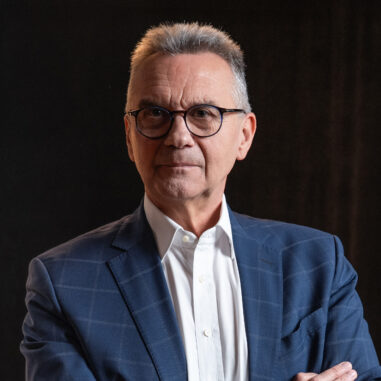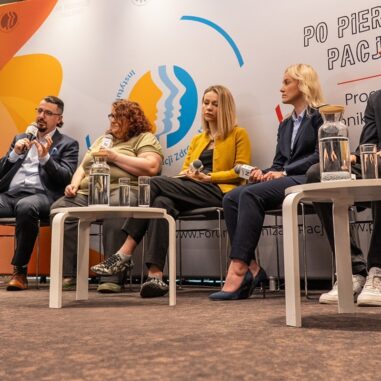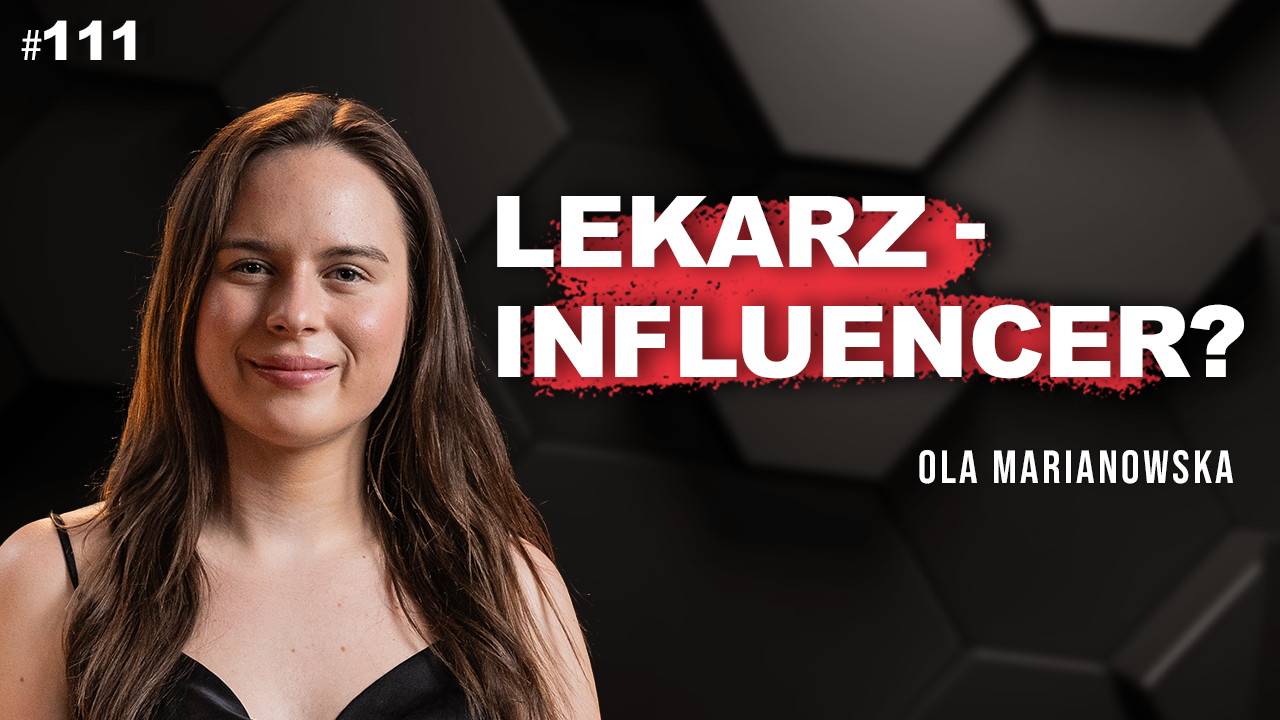
Can a doctor be an influencer? Ola Marianowska answers. Episode 111
Doctors are increasingly reaching out to patients outside the office - straight to social media
Doctors in social media: a new era for health and sex education in Poland
Just a decade or so ago, a doctor's presence on social media aroused surprise and sometimes even opposition. Today, it is becoming not only the norm, but actually a necessity. The Internet has become the first place a patient looks for health information - and that is where they should find reliable sources.
Ola Marianowska, a young doctor and medical educator who unhesitatingly combines white gloves with a presence on Instagram or podcasts, talked about what it's like for a doctor to work online, how other medics react to it and why online health education is so important in the podcast 'Patient First'.
Social media as the patient's 'new waiting room'
Even before their first appointment, most patients check out the doctor on the internet. They look for reviews, videos, interviews and, increasingly, their social media profiles. This is where you can see how the specialist talks about health, how he reacts to questions and whether he can explain complicated topics in a simple way.
For doctors, this is a huge opportunity - they can not only promote their practice, but above all educate. In an era flooded with fake news and 'miracle methods', a doctor's voice on the internet is a counterbalance to charlatanism. Ola Marianowska emphasises that going online is a viable way for doctors to get to where the patients are - i.e. on Instagram, YouTube or TikTok.
Changing attitudes in the medical community
Until a few years ago, the sight of a doctor talking about sex or intimate health on Instagram might have elicited wry looks from professors. Marianowska admits that she herself feared the reactions of her senior colleagues. To her surprise - she was met almost exclusively with positive feedback.
This is a big change. Where doctors used to be treated with reserve on the internet, today it is increasingly understood by the older generation that it is a tool for education, not self-promotion. Awareness is also changing - an online presence is no longer a fad, but an obligation arising from the mission of the profession.
Health and sex education on the internet
The lack of sound sex education in schools is a topic that recurs like a boomerang. Ola Marianowska admits that in her school, contraception, sexually transmitted diseases or menstrual hygiene were hardly discussed.
Today, these knowledge gaps are being made up for by... social media. Profiles run by doctors and health educators are becoming a place where young people can find answers to questions they do not ask at home or at school. This ranges from intimate health to topics such as vaccination, disease prevention and healthy lifestyles.
The hegemony and challenges of the physician-influencer's work
Being a doctor on the internet also presents challenges. Medical content is often taken out of context, which can trigger an avalanche of hate speech. An example? A reel about exercising during menstruation, which - despite its good intentions - was perceived by some internet users as a lack of understanding for women with painful periods.
Marianowska emphasises that social media is not a doctor's surgery - here it is not possible to have a full diagnosis or a one-on-one conversation. This is why you need to weigh every statement doubly and still be prepared for criticism.
Young doctors - passion, mission and... the reality of work
Marianowska points out that she is driven by passion and treats social media as a mission. She wants to talk about health in an understandable and accessible way, while building trust with doctors online.
However, combining hospital work with online activities requires good organisation. Internship, on-call and documentation duties are one thing, creating content, recording podcasts and responding to comments is another.
Social media as the future of medicine
Experts agree: the future of medicine includes a social media presence. Short videos, podcasts and educational posts make it possible to reach thousands of people in the time it takes a practice to see a dozen patients a day.
Marianowska and other physician-influencers prove that it is possible to talk about health in a professional yet accessible manner. The key is authenticity, reliability and a willingness to talk - even about topics that are still taboo in Poland.
Why is this only the beginning of a revolution?
The doctor in social media is not an exception today, but a growing trend. A well-run profile can be an extension of a doctor's mission - to educate, advocate and create health awareness.
Ola Marianowska shows that young medics are able to combine their work in the hospital with their online activities, and that their online presence has a real impact on the health of society. In a world where the patient primarily looks for information online, a reliable doctor's voice is needed more than ever.
Previous episodes
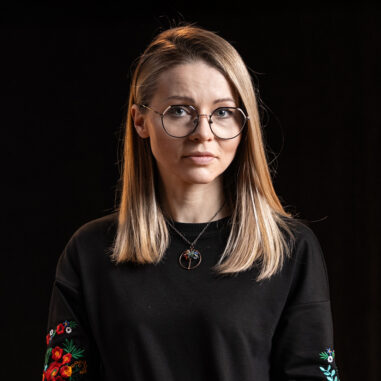
Parents sound the alarm: polluted air, unhealthy food, lack of exercise. Episode 110
Imagine that every time you go to school with your child starts by walking through a curtain of fumes. That lunch in the school canteen is more a test of sugar and salt tolerance than a lesson in healthy eating. That 'fresh air' has become a term from science books rather than an everyday experience.
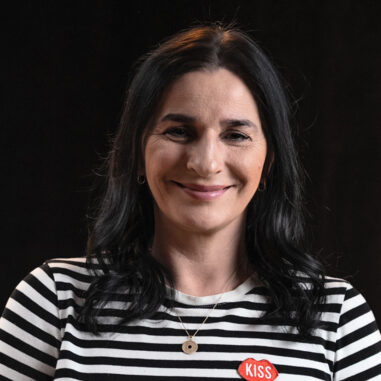
8 million smokers in Poland. Who will finally help us quit? Episode 109
A cigarette doesn't scream. It doesn't stagger like alcohol. It doesn't wreak havoc in sudden bursts of aggression. And yet - it is the one that quietly kills over 70,000 Poles a year. Nicotine, although legal and packaged in fashionable sachets or stylish e-cigarettes, is one of the most potent drugs known to science. And although we have known for decades how deadly it can be, Poland is still unable to combat it effectively.
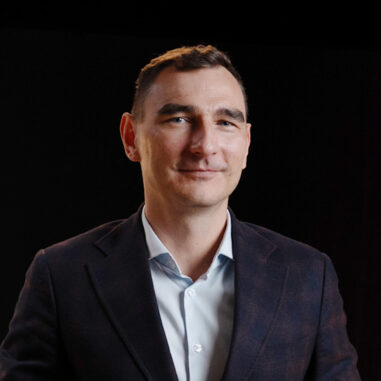
Not all sex ends in orgasm - and very well. Episode 108
Did you know that thousands of women in Poland have no idea for years that... they are still virgins? And others give up sex not because they don't want to, but because every attempt ends in pain, anxiety, disappointment. In the latest episode of the podcast Po pierwsze Pacjent, Monika Rachtan talks to Professor Krzysztof Nowosielski - gynaecologist, sexologist and oncologist.
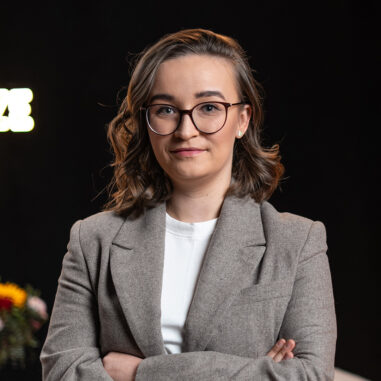
Urophysiotherapy, or how to regain a comfortable life after prostate removal. Episode 107
Can a procedure that saves lives also take away a sense of masculinity? In the latest episode of Patient First, Monika Rachtan talks to urophysiotherapist Kamila Grabek about complications after prostatectomy.



